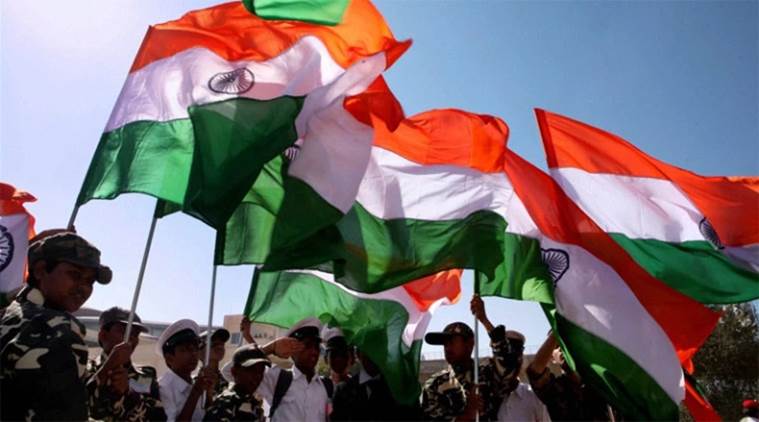
Tracing its origins to the Upanishadic traditions, Advaita (non-dual) Vedanta is an outlook towards life which believes in the “non-dualism” of Atman (soul) and Brahman (universal metaphysical reality), while acknowledging the Prakriti (material world) as an ever-changing context. It does not recognise any differences between the nature of life — whether of human, animal or plant origin — and acknowledges it as being part of a larger cosmic consciousness. Applying this framework to the modern political, economic and social context, Deendayal Upadhyaya coined the term Integral Humanism and offered a non-dualistic doctrine as an alternative approach to nationalism and internationalism. Rejecting the intrinsic diversity based on race, colour, caste or religion, it identifies all human beings as part of one organic whole, sharing a common consciousness of national thought.
While the parameters for material success and development emerged in the background of the industrial and technological revolutions, they laid an undue emphasis on evaluating the world in a segmental outside-in manner. An integral understanding of life is, instead, holistic in nature. For example, a medical model of health may be restricted to its biological needs, while an integrated understanding of human life comprises of body, mind, intellect and soul. The practice of yoga is an example of going back to this integrated view.
In fact, modern developments in science validate the integrated view of life. We now accept that the beginnings of life were made from a single explosion called the “Big Bang”. This led to emergence of primal energy, which later went on to give different life forms, as clarified by Einstein’s E=mc2. This understanding scientifically validates the Advaitin’s understanding of non-dualism of all life forms and the inter changeable nature of “Shakti” (Energy) and “Prakruti” (Matter).
Nationalism as a concept arrived relatively recently with the origin of “nation-states” in 17th-18th century Europe. From economics to philosophy, the theories of “survival of the fittest” and the “zero-sum game” reigned supreme. And as history has shown, this form of exclusionary nationalism not only lead to two World Wars but also directly or indirectly promoted the colonisation of Asia and Africa.
The idea of oneness amongst people of all races, caste, creeds, geographies and gender is fundamental to the interpretation of integral frameworks in the international context. Perfectly compliant with the modern notions of democracy and the UN, the integral doctrine is perhaps the oldest framework for human rights. It accords equal rights to all by virtue of the intrinsic unity in life forms. This template is not only democratic but goes a step further in promoting the case for social justice and equal opportunity for even the last man standing, namely, “Antyodaya”.
Similarly, in the context of international relations, this doctrine is not “utilitarian”, nor does it promote the progress of one nation at the cost of another. In this worldview, identifying with both one’s nation and the rest of the humanity becomes the basis of peaceful co- existence. Most importantly, this idea of collectivity is not antagonistic to “nation first” thinking. Integral Internationalism is the perfect balance between the need to defend your nation against violent threats while simultaneously contributing to international security. A strong defence against cross-border terrorism not only protects the rights of your nation but also promotes international security.
In the light of the Sustainable Development Goals, it is noteworthy to see how Integral Ecology takes us back to the age-old wisdom of interdependence with nature. Rejecting the difference between human, animal and plant forms, an integral framework treats the environment as a global good, making environmental protection the shared responsibility all of humanity. “Vasudhaiva Kutumbakam”, a Sanskrit shloka meaning the entire world is my family, reiterates the Advaita thought on how each one of us across the globe are intrinsically connected both in our challenges and opportunities.
The principles of Integral Humanism offer a non-dualistic prism for perceiving the world we live and acting upon the fundamental unity of humankind — an outlook which offers powerful solutions for political, social and economic cooperation across the world.
The writer has a Masters in global health from Harvard University and writes on public health, well-being and Indic philosophies